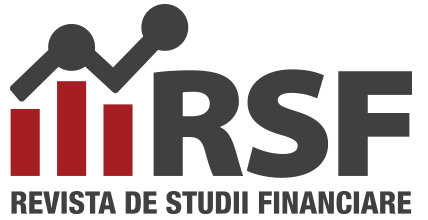Authors: Laurențiu Paul Barangă, Elena-Ioana Țanea
Vol. 7 • No. 13 • November 2022
Abstract
Sustainable finance represents an important concern of the European Union lately, having an essential role in achieving the political objectives of the European Climate Pact. It is interpreted that it supports the sustainable development of economy, simultaneously reducing the pressures on environment and taking into consideration social and governance aspects.
The scope of sustainable finance is to improve the financial sector in the context of fighting against climate changes. Considering this purpose, the ESG factors (Environmental, Social and Governance) must be considered in the decisional process regarding the investments of the financial entities, promoting long-term investments in sustainable economic activities and projects.
There are many legislative actions at the European level, transposed into national legislation or with direct applicability in Romania for determining developing sustainable economies that beneficially impact the environment and climate changes. The action plan of the European Commission regarding developing a strategy for the sustainable finance contains ten initiatives grouped into three chapters: reorienting cash flow to a more sustainable economy, including sustainability elements in risk management, encouraging transparency and long-term vision.
Keywords: ESG, environment, social, governance, scoring.
JEL Classification: G30, G41, M14, Q50.
DOI: 10.55654/JFS.2022.7.13.14
